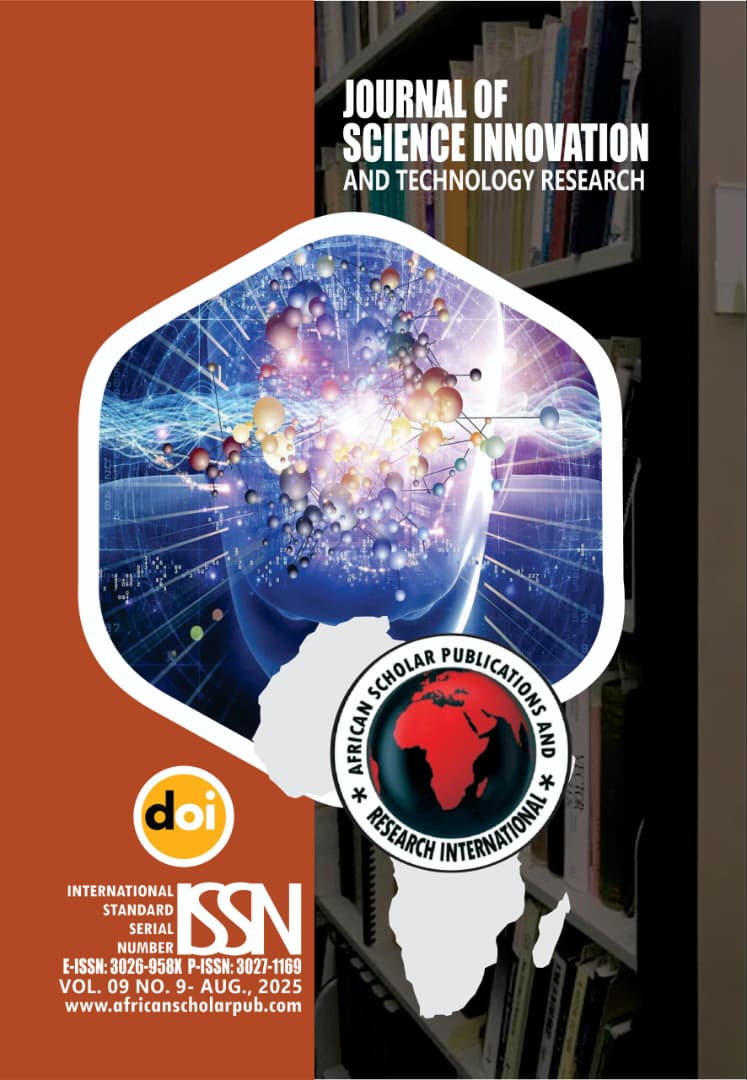Enhancing Security and Privacy in EdTech Tools: Safeguarding Student Data in the Digital Learning Era
Abstract
The rapid shift to digital learning during and after the COVID-19 pandemic has led to widespread adoption of educational technologies (EdTech) in higher education, including in Nigeria. This trend, while improving access and flexibility, raises serious concerns about the security and privacy of sensitive student data. In Nigeria’s context, these concerns are compounded by nascent legal frameworks and varying awareness among stakeholders. This study investigates the security and privacy issues faced by undergraduate students using EdTech tools in Delta State, Nigeria, aiming to identify key threats and propose measures to protect student data. A cross-sectional survey was administered to a sample of Delta State undergraduates, gathering perceptions of security risks, privacy awareness, and recommended safeguards. Descriptive statistics (mean and standard deviation) were computed for questionnaire items related to three research questions. The results indicate high levels of student concern about data breaches and unauthorized access limited trust in privacy practices and awareness of data protection laws, and strong support for institutional measures like encryption and training to improve security. These findings are consistent with global literature on EdTech vulnerabilities. The study concludes that stakeholders in Nigerian higher education must urgently implement robust data protection policies, technical safeguards, and awareness programs to uphold student privacy. Recommendations include enforcing Nigeria’s new Data Protection Act, training faculty and students on privacy rights, and adopting privacy-by-design approaches in EdTech deployment.
Keywords:
EdTech, Data breach, privacy, security, vulnerabilities, higher educationDownloads
ACCESSES
Published
Issue
Section
License
Copyright (c) 2025 Binitie Amaka Patience, Onyemenem Sunday Innocent, Okoh Felix Jigiedous (Author)

This work is licensed under a Creative Commons Attribution 4.0 International License.


















